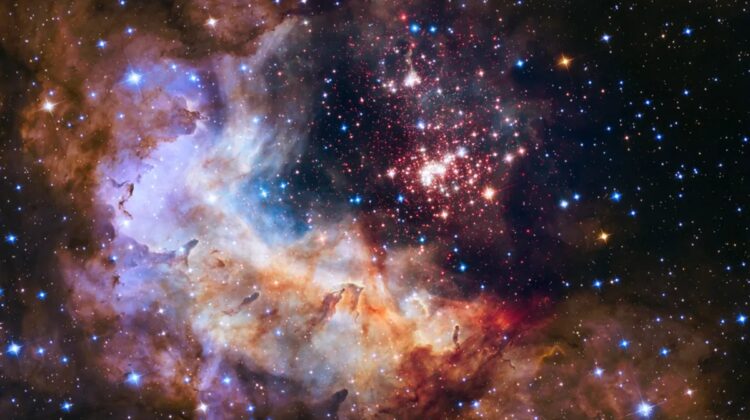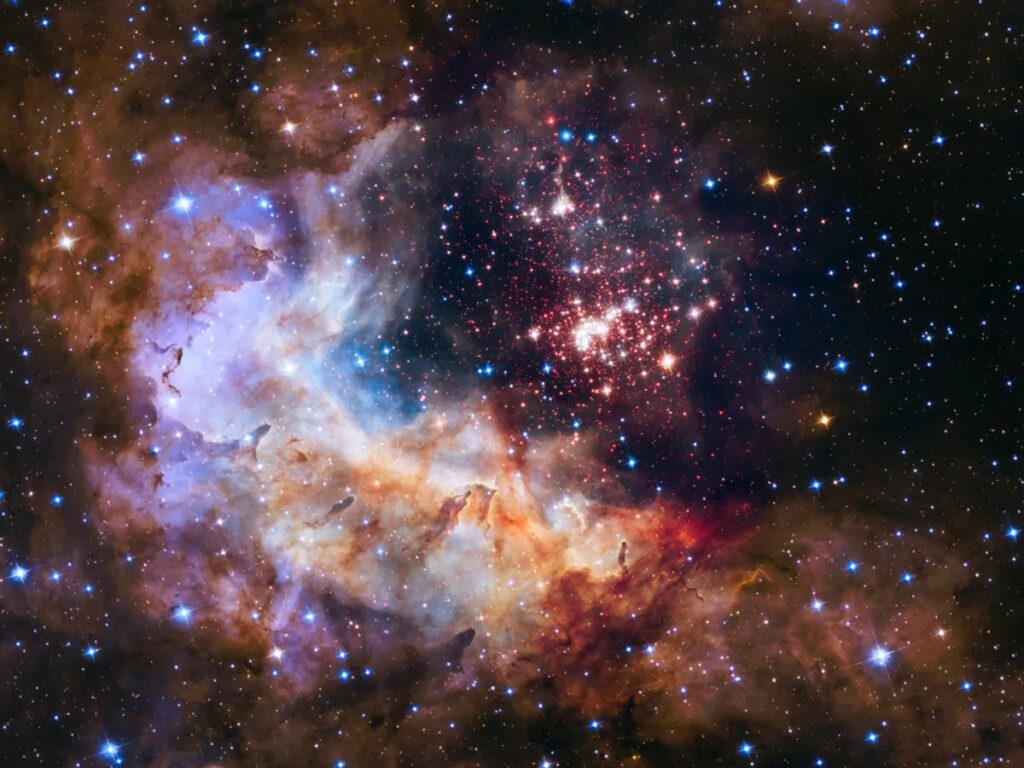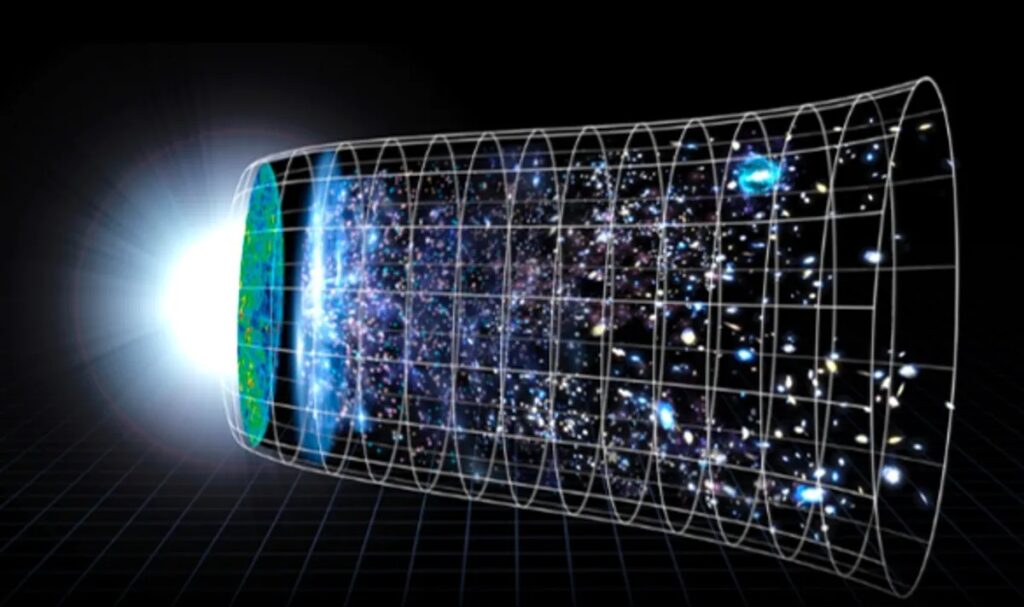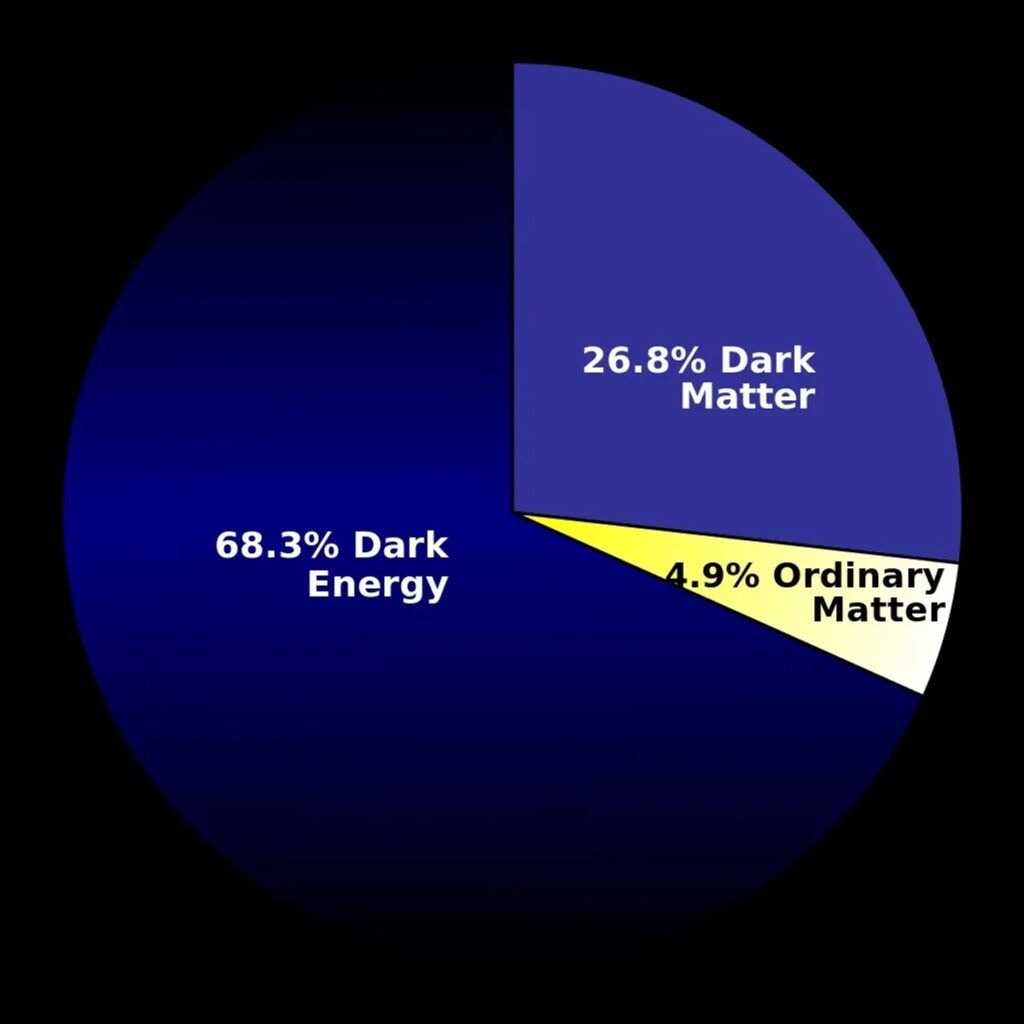
A Cosmic Mystery That Defies Logic
The universe is expanding—this much we know. But here’s the real mind-bender: if the universe is infinite, what exactly is it expanding into? Unlike a balloon inflating into the surrounding air or dough rising in a baking pan, the universe doesn’t expand into anything—it expands within itself.
The Expanding Universe: A Concept Without a Boundary
Picture a loaf of bread baking in the oven. As it expands, any chocolate chips or blueberries in the dough move farther apart. The universe works similarly: galaxies are moving away from each other as space itself expands. But here’s where the analogy fails—while dough has a baking pan to expand into, the universe has no “outside” to grow into.
To grasp this concept, physicists often say: “The universe is everything, and everything is the universe.” There is no external frame of reference—no empty void, no surrounding space. The expansion occurs everywhere at once, stretching distances between galaxies without requiring a larger container.

Tracking the Expansion: How Do Scientists Know?
The first hints of an expanding universe came in 1922, when Alexander Friedman mathematically predicted that the universe must either be expanding or contracting. Edwin Hubble later provided observational proof in 1929, showing that galaxies are moving away from each other. This discovery cemented the idea of an expanding cosmos.
But what’s even more baffling? The universe isn’t just expanding—it’s accelerating. Something is pushing galaxies apart at an ever-increasing rate, overcoming even the pull of gravity.
Dark Energy: The Invisible Force Driving Expansion
Scientists refer to this mysterious force as dark energy—an unknown form of energy that makes up 68% of the universe. It remains undetectable except through its effect on cosmic expansion.

For perspective:
- Dark energy: ~68% of the universe.
- Dark matter (another unseen component): ~27%.
- Normal matter (everything we can see, including stars, planets, and galaxies): Just 5%.
Despite being the dominant force shaping our cosmos, scientists still don’t know what dark energy actually is.
Beyond the Universe: Could There Be More?
If the universe is expanding, could there be something beyond it? The short answer: we don’t know.
Some physicists speculate about the multiverse theory, which suggests our universe could be just one of many. Various models, including string theory, brane cosmology, and loop quantum gravity, attempt to reconcile quantum mechanics (the laws of the very small) with general relativity (the laws of the very large). If true, multiple universes could exist, each with its own rules of physics.

The Universe’s Fate: Will It Expand Forever?
Scientists believe the universe will continue expanding indefinitely, pulling galaxies farther apart until they become unreachable. Over billions of years, the cosmos could become a vast, dark void—a fate known as the Big Freeze.
For now, though, the universe remains full of mysteries—and with every new discovery, we edge closer to understanding the ultimate nature of reality.

Leave a Reply